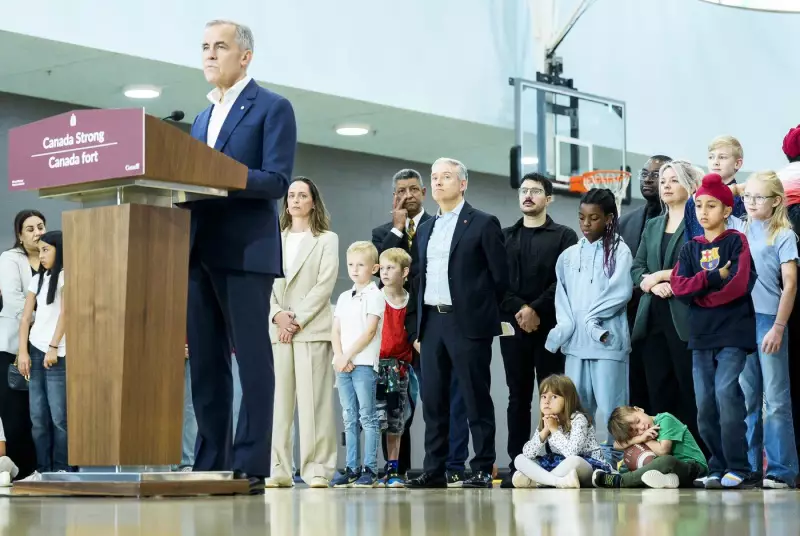
The Liberal government has unveiled its highly anticipated 2025 federal budget, framing it as a comprehensive plan to restore "generational fairness" and tackle Canada's most pressing affordability crisis: housing.
A Budget Built on Housing Foundations
At the heart of the fiscal blueprint is an ambitious strategy to boost Canada's housing supply. The government is proposing a massive expansion of the Apartment Construction Loan Program, injecting an additional $15 billion to support the construction of over 30,000 new rental units annually. This represents one of the most significant federal interventions in the housing market in decades.
Beyond rental construction, the budget introduces several innovative measures:
- 30-Year Amortizations for First-Time Buyers: Allowing extended mortgage terms on newly built homes purchased by first-time homeowners.
- Canadian Renters' Bill of Rights: A new framework designed to increase rental transparency and protect tenant rights.
- Accelerated CMHC Approvals: Streamlining the process for builders to access critical construction financing.
Taxing the Wealthy to Fund Affordability
To finance these initiatives, the government is turning to Canada's highest earners. The budget proposes increasing the capital gains inclusion rate from one-half to two-thirds on annual gains exceeding $250,000 for individuals.
"This is about asking those who have benefited the most in our society to contribute a little more," Finance Minister Chrystia Freeland stated during her budget speech.
The change is projected to generate nearly $20 billion in new revenue over the next five years, directly funding the budget's affordability measures.
Beyond Housing: A Broader Affordability Agenda
While housing takes center stage, the budget addresses other financial pressures facing Canadians:
- National School Food Program: Launching a $1 billion program over five years to provide meals to 400,000 additional children.
- Consumer Protection: Cracking down on predatory lending practices and "junk fees" that inflate costs for essential services.
- Indigenous Infrastructure: Significant new investments in housing and community infrastructure for Indigenous communities.
Political Stakes and Opposition Response
This budget arrives at a critical political moment for the minority Liberal government. With polls showing declining support among younger voters, the focus on "generational fairness" represents a clear attempt to rebuild that crucial constituency.
Conservative Leader Pierre Poilievre immediately criticized the plan, calling it "more of the same inflationary spending that created the housing crisis in the first place." The NDP, meanwhile, has signaled cautious support, suggesting the measures align with their affordability priorities.
As parliamentary debate begins, all eyes will be on whether this budget can deliver the transformative change Canadians are demanding—or if it will become another flashpoint in the country's ongoing affordability debate.





